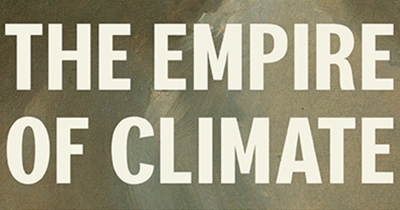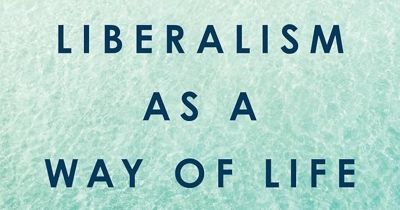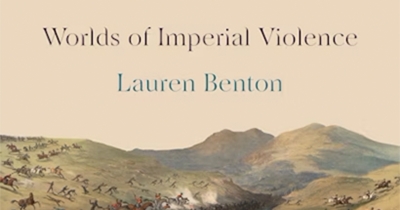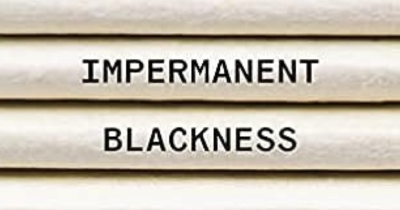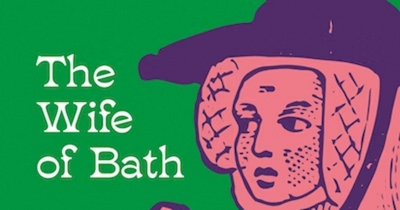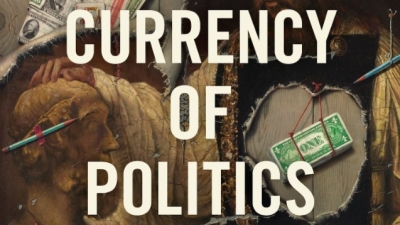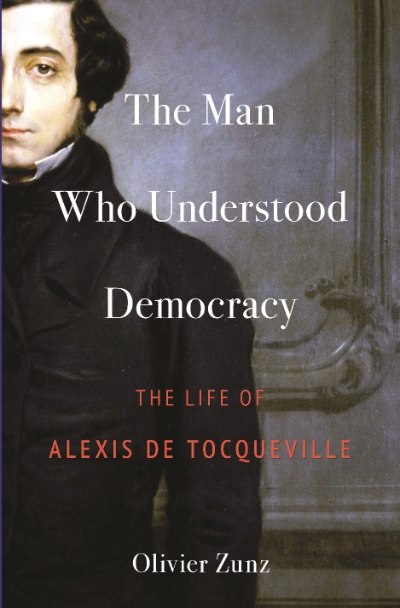Princeton University Press
The Empire of Climate: A history of an idea by David N. Livingstone
by Ruth A. Morgan •
They Called It Peace: Worlds of imperial violence by Lauren Benton
by Jeremy Martens •
Impermanent Blackness: The making and unmaking of interracial literary culture in modern America by Korey Garibaldi
by Paul Giles •

